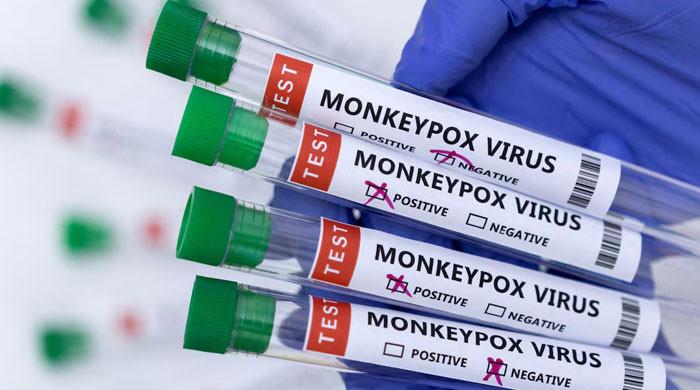Covid: Woman caught virus twice within record 20 days

According to Spanish experts, a 31-year-old healthcare worker contracted COVID twice in the span of 20 days, the shortest documented gap between infections.
According to tests, the woman was infected with two separate strains: Delta in late December and Omicron in January.
According to the researchers, even if you’ve had COVID before, you can get it again even if you’ve been fully vaccinated, according to the researchers.
In the United Kingdom, reinfections must wait 90 days between positive tests.
Using that criterion, health officials estimate that over 900,000 people have been infected twice with COVID since the beginning of April.
It’s impossible to put a precise figure on it because only whole-genome sequencing can confirm that infections are caused by different strains, and only a small percentage of positive tests go through this process.
The Spaniard had no symptoms after her initial positive PCR test, but she got a cough and a fever less than three weeks later, prompting her to take another test.
The results of the tests revealed that the patient had been infected by two different coronavirus strains.
Dr Gemma Recio, a research author, said the case demonstrated that Omicron can “evade previous immunity acquired either from a natural infection with other variations or from vaccines” during a presentation at the European Congress of Clinical Microbiology and Infectious Diseases.
Covid reinfections spiked in December 2021 after the far more infectious Omicron variation was discovered, and they spiked again in early March when a slightly different strain, dubbed BA.2, was discovered.
Prior to that, only 1% of all cases recorded in the UK were classified as “second infections.” However, that number has already risen to 11%.
The majority are likely to have been infected with the Alpha or Delta varieties before being infected with the more contagious Omicron variant.
According to scientists, everyone will eventually catch COVID twice, and perhaps many more times over the course of their lives.






